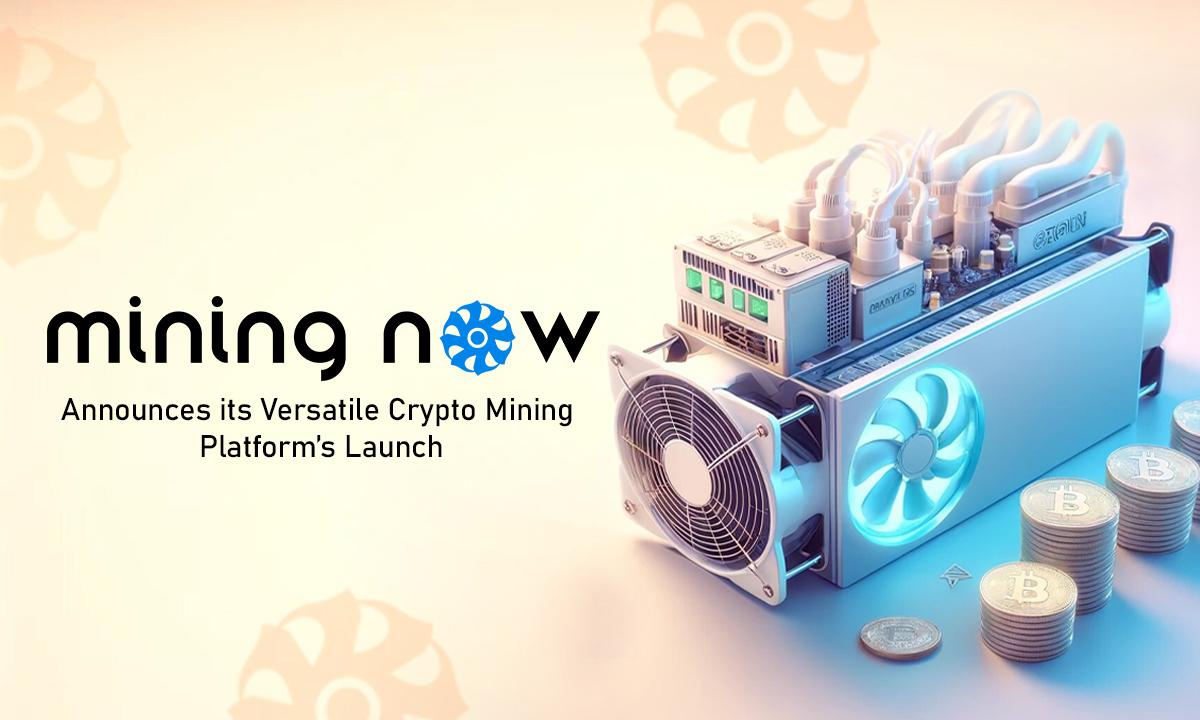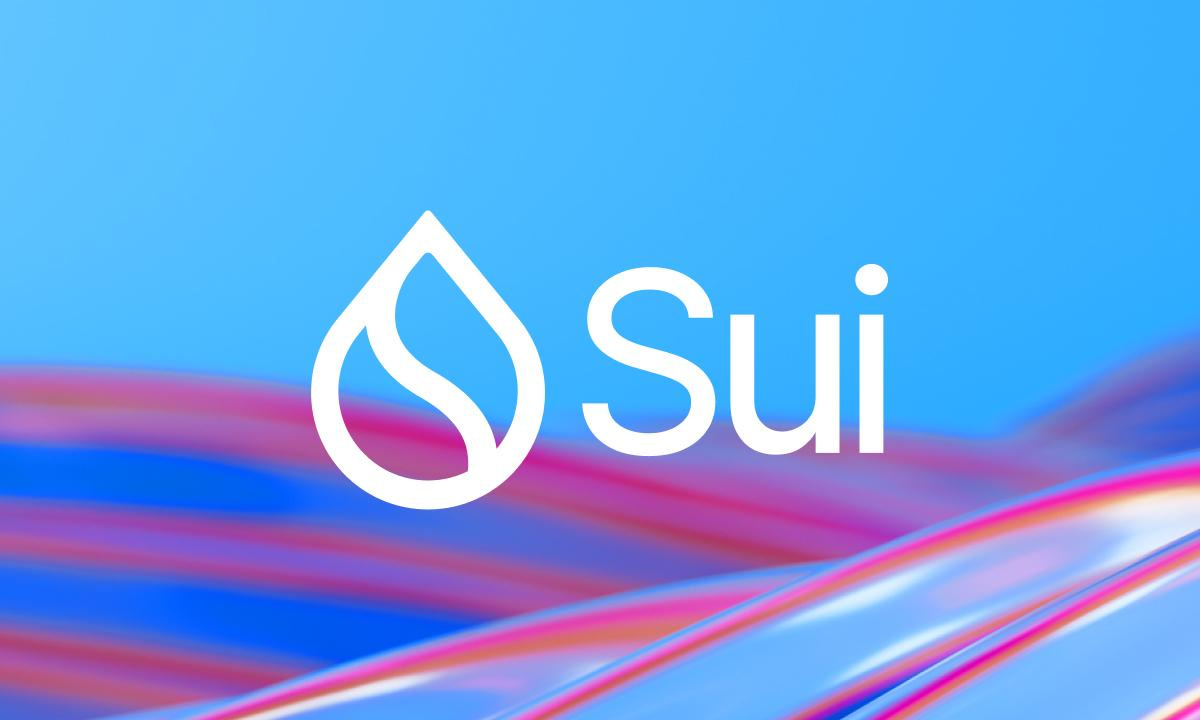When ConsenSys, Mastercard announces the launch, gas fees for large investors will apply
At the time of going to press, the gas fee for Ethereum is 47 gwei, and the estimated cost of an ERC-20 transfer is about $ 10.25. Lower than usual, yes, but still difficult to justify for many users and developers.
Fortunately, there is increasingly an answer to this problem – Ethereum mergers or Layer 2 solutions aimed at reducing transaction costs. In addition, even mainstream organizations are catching up with these developments.
“Red carpet”
Both crypto watchers and more traditional investors became aware of this when Ethereum software company ConsenSys announced its ConsenSys rollups, created with the help of Mastercard’s technical expertise. The official press releases from ConsenSys,
“Solutions created with ConsenSys Rollups can currently achieve a throughput of up to 10,000 transactions per second (TPS) in a private chain, while they can only achieve 300 TPS in the private chain and 15 in the Ethereum Mainnet.”
But the relevant question is – why Ethereum? Wouldn’t future individual users worry about the spillover effects of Ethereum fees?
Feel a little
While sky-high transaction fees can be painful for everyday Ethereum users, Ethereum co-founder and ConsenSys founder Joe Lubin is more optimistic about them. During a fireplace chat in December, Lubin said:
“High gas costs are a measure of success. They are the pain of growing up, they are inevitable. ”
Other investors are also interested. Ether Capital Corporation announced that they have put in over $ 50 million, or 10,240 ETH, to be precise. CEO Brian Mosoff explains:
“Our commitment to staking Ethereum reflects our belief in Ether as an asset and Ethereum as a network.”
Obviously, the high gasoline charge isn’t a deal breaker for everyone. In addition, the rollout offers hope for both growth and network efficiency. Rollups like Arbitrum One and Optimism have reduced fees by 90% or even more, according to a report by Arcane Research. However, these projects are still in their infancy and need to go faster.
So it looks like ConsenSys and Mastercard made their announcement at an opportune time.
Banned from Ethereum
In mid-November, Iranian students who wanted to take notes at ConsenSys Academy learned that their enrollment had been suspended and that they would not have access to the platform.
The students are said to have been informed by email that they are in a “restricted jurisdiction” under US law and therefore cannot participate in the ConsenSys Academy program.





















